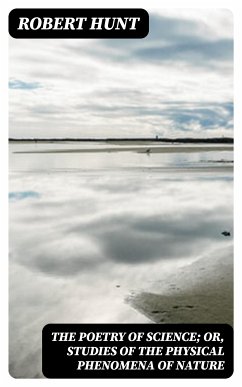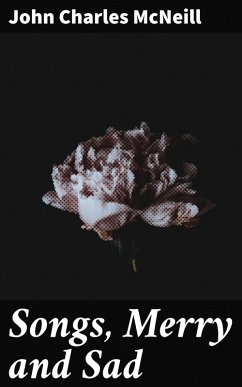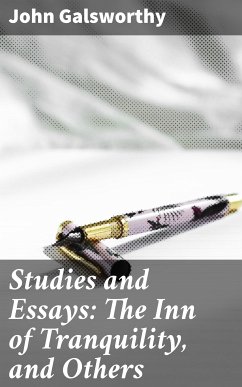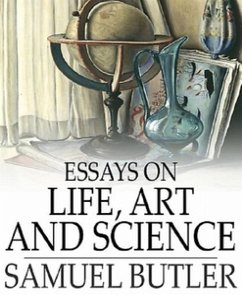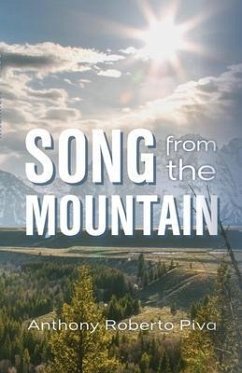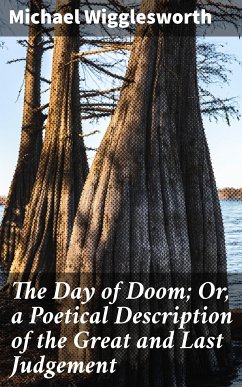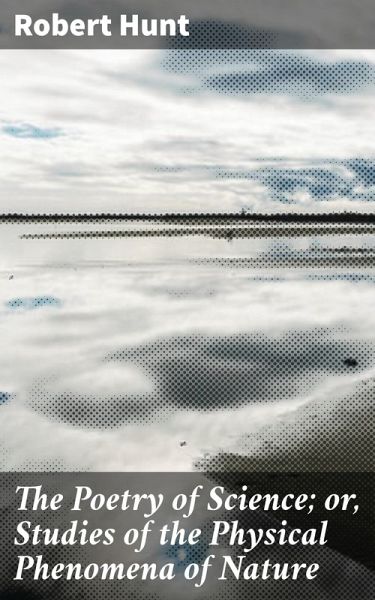
The Poetry of Science; or, Studies of the Physical Phenomena of Nature (eBook, ePUB)
Exploring the Beauty of Natural Phenomena

PAYBACK Punkte
0 °P sammeln!
In "The Poetry of Science; or, Studies of the Physical Phenomena of Nature," Robert Hunt deftly intertwines the scientific and the poetic, offering readers a profound exploration of the natural world through a literary lens. This work adopts an innovative approach, blending empirical investigation with lyrical prose to evoke the aesthetic beauty of scientific phenomena. Hunt employs rich imagery and metaphorical language, situating the book within the 19th-century Romantic tradition while addressing the burgeoning interest in science during the Victorian era, making it a unique contribution to...
In "The Poetry of Science; or, Studies of the Physical Phenomena of Nature," Robert Hunt deftly intertwines the scientific and the poetic, offering readers a profound exploration of the natural world through a literary lens. This work adopts an innovative approach, blending empirical investigation with lyrical prose to evoke the aesthetic beauty of scientific phenomena. Hunt employs rich imagery and metaphorical language, situating the book within the 19th-century Romantic tradition while addressing the burgeoning interest in science during the Victorian era, making it a unique contribution to the genre of science literature. Robert Hunt, a noted British scientist and writer, was deeply influenced by the intersection of natural philosophy and the arts. His background in mining engineering and his fervent interest in geology and optics fueled his passion for disseminating scientific knowledge through engaging writing. Hunt's experiences reflect a broader intellectual curiosity of his time, where the lines between scientific inquiry and artistic expression began to blur, ultimately leading him to pen this captivating work. This book is highly recommended for readers who appreciate the beauty of language as much as they do the rigor of science. Hunt's ability to bridge these two realms not only enriches our understanding of nature but also invites contemplation on the intricate relationship between art and science. Whether one is a scientist, a poet, or simply a lover of nature, "The Poetry of Science" offers a transformative reading experience.
Dieser Download kann aus rechtlichen Gründen nur mit Rechnungsadresse in A, B, BG, CY, CZ, D, DK, EW, E, FIN, F, GR, H, IRL, I, LT, L, LR, M, NL, PL, P, R, S, SLO, SK ausgeliefert werden.




